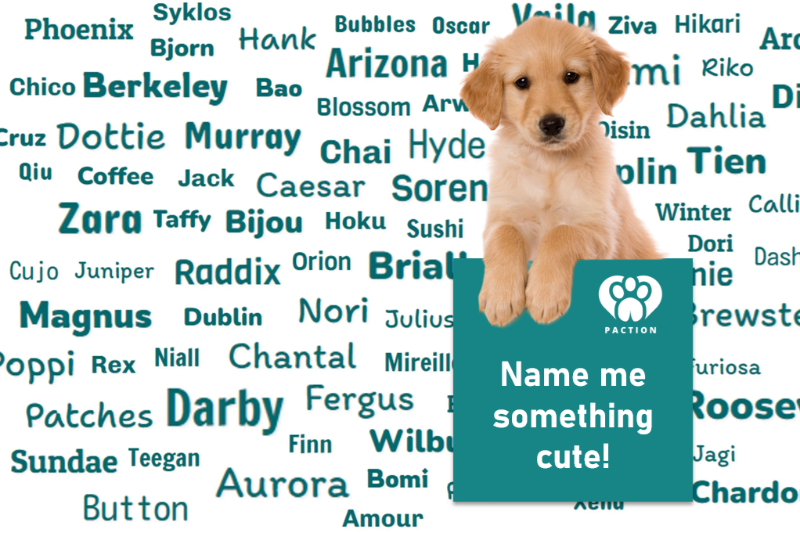Gordon Setter
Find Gordon Setter Breeders Near You
Connect with certified breeders who have Gordon Setter puppies available.
Find Gordon Setter BreedersGet to Know Gordon Setters
- The Only Scottish Setter: Among all setter breeds, the Gordon Setter is the only one that originated in Scotland, setting it apart from its Irish and English cousins both in history and character.
- Bred for Stamina Over Speed: Unlike some fast-paced hunting dogs, Gordons were bred to methodically track and hold point for game birds over long distances, making them perfect for the rugged terrain and long days of Scottish hunts.
- Named After a Duke: The breed gets its name from Alexander, the 4th Duke of Gordon, who was instrumental in refining and promoting the breed in the early 1800s. His castle kennels were among the first to consistently breed this type of setter.
- Striking Black and Tan Coat: Gordon Setters are instantly recognizable by their beautiful, silky black coats with rich mahogany tan markings, a color combination that's unique among the setter breeds.
- Late Bloomers: Gordon Setters are known to mature slowly, both physically and mentally. They often retain their puppy-like playfulness well into adulthood, making them fun companions—but requiring patience in training.
Breed History
The Gordon Setter is the only setter breed developed in Scotland and has a rich history dating back to the early 17th century. It was originally bred as a bird-hunting dog, prized for its ability to find and "set" game birds by freezing in a pointing position, allowing hunters to net or shoot the birds. The breed was refined and popularized in the early 1800s by Alexander, the 4th Duke of Gordon, at his estate in the Highlands, which is how the breed got its name. He aimed to develop a strong, intelligent, and stylish gun dog that could handle the rugged Scottish terrain and adverse weather conditions. The Gordon Setter is distinct from other setters due to its striking black-and-tan coat, robust build, and steady, methodical hunting style. Over time, it has earned a reputation not only as a reliable working dog but also as a loyal and affectionate companion.
Personality and Behaviour
- Deeply Loyal & Family-Oriented: Gordon Setters are known for their strong bond with their families. They are affectionate, devoted, and thrive when included in daily activities. These dogs tend to be especially attached to one or two people in the household and often follow them from room to room. While friendly, they can be a bit reserved around strangers until they feel comfortable.
- Steady & Confident Workers: Bred as hunting dogs, Gordons are naturally confident, intelligent, and focused. They work with a steady, deliberate pace and are less impulsive than some other sporting breeds. This makes them excellent for tasks requiring stamina and precision. They are not easily distracted and tend to take their “jobs”—whether it’s retrieving, scent work, or guarding the yard—seriously.
- Playful, but Not Hyper: Despite their working background, Gordon Setters have a calm and thoughtful temperament. They enjoy play and outdoor activity but don’t usually display hyperactive behavior. They’re well-suited to active families who can provide regular stimulation and interaction, yet they also know how to relax and enjoy downtime at home with their people.
Care
- Exercise: Gordon Setters are high-energy dogs that need substantial daily exercise to stay happy and healthy. Long walks, hikes, and off-leash play in secure areas are ideal. They particularly enjoy having a purpose—such as scent work, agility, or retrieving games—because of their background as hunting companions. Without enough physical and mental activity, they can become bored and restless.
- Training: Intelligent and eager to please, Gordon Setters are highly trainable, but they also have a strong independent streak. This means consistent, patient training using positive reinforcement works best. Early socialization is key to helping them develop into well-rounded adults. Because they mature slowly, they benefit from ongoing training well into adolescence.
- Grooming: Their beautiful, long, black-and-tan coat requires regular grooming, typically brushing 2–3 times a week to prevent matting and remove loose hair. Special attention should be paid to feathering on the chest, legs, and tail, which can collect debris. Occasional baths, regular ear cleaning, and nail trimming help keep them in top condition.
Gordon Setter Summary
What to ask your breeder?
Here's a short summary of what you should be asking your breeder:
Gordon Setter Health Testing
| Screening | Considerations |
|---|---|
| Hip Dysplasia | One of the following: OFA Radiographic Hip Evaluation PennHIP Evaluation. Results registered with OFA. |
| Elbow Dysplasia | OFA Radiographic Elbow Evaluation |
| ACVO Eye Exam | ACVO Eye Examination. Results registered with OFA. |
| rcd4 PRA | DNA-based RCD4 PROGRESSIVE RETINAL ATROPHY test from an approved laboratory; results registered with OFA |
| DNA Repository | Participation in the OFA/CHIC DNA Repository (DNA Bank) |
How Much Does It Cost to Own a Gordon Setter Per Year?
Determining the cost of owning a Gordon Setter is essential for responsible dog ownership. Use our calculator to estimate expenses, including food, grooming, veterinary care, and more.
The Ultimate Dog Cost Calculator
 Calculate Now
Calculate NowFrequently Asked Questions About Gordon Setter
When you talk to a breeder, you're not just asking “do you have available Gordon Setter puppies?” You're looking for a match in the process of rehoming a dog. As a prospective dog owner, you are assessing how predictable the dog's health, temperament, and long-term welfare will be and whether the breeder's practices reduce avoidable risk.
You should engage in a conversation about the following topics:
- Which health tests and genetic screening do you do specifically for Gordon Setter, and can I see the results?
- What do you do if a puppy develops a serious genetic condition? What contract, policies and support do you offer as a breeder?
- How are puppies raised from birth to 8+ weeks? Ask about socialization, philosophies on early neurological development, handling, and exposure.
The real cost of a dog isn't just the puppy price. After year one, the cost of a dog includes the predictable annual costs + the unpredictable “risk costs.” Your goal is to make the cost legible before you commit, as one of the top causes of surrendering a dog is not being able to afford the dog in later years.
To help you assess these costs, Paction has created the Ultimate Cost Calculator. You can also read an article written by a Paction breeder on why a prospective dog owner should focus on the ongoing costs of dog ownership and not “how much” the puppy costs.
Every dog breed has certain health issues that tend to occur more often, but what matters most is how predictable and preventable those risks are. For many breeds, common concerns include inherited conditions (such as orthopedic, eye, or cardiac issues) as well as lifestyle-related challenges like weight management, dental health, skin or ear problems, and anxiety.
Responsible breeders help reduce inherited risk through appropriate health testing, careful selection of breeding pairs, and transparency about family history. To understand more about responsible breeding programs that prioritize health and genetic screening of breeding pairs, check out Making Science Simple: Canine Genetics for Puppy Shoppers.
As an owner, you play an equally important role. Consistent preventive veterinary care, proper exercise and enrichment, healthy nutrition, and early screening can significantly improve long-term health outcomes.
Whether a Gordon Setter is right for you depends less on the breed itself and more on how well its typical energy level, temperament, and care needs align with your daily life. Important factors include your schedule and activity level, living environment, household dynamics (such as children, other pets, or allergies), and tolerance for noise or independence. Long-term fit also comes down to maintenance like grooming, training needs, and how often you travel or rely on outside dog care.
Use Paction's Dog Breed Matchmaker and Pup Time Estimator to find out more about what dog is right for you.


